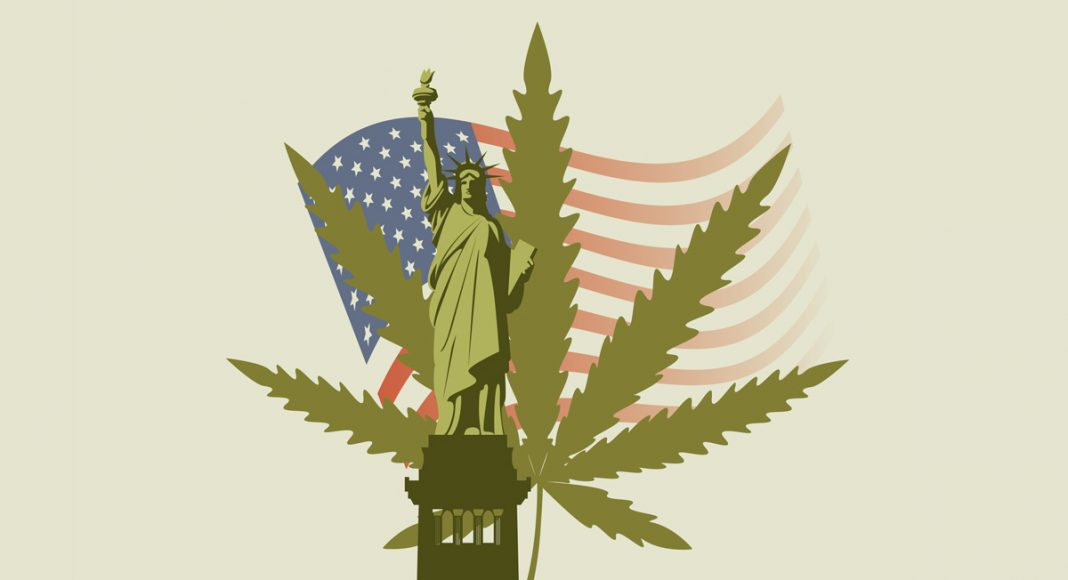New York should legalize cannabis. Those five words are not from a Brooklyn hipster or some other marijuana lover. The declarative sentence is taken from a study ordered by New York Gov. Andrew Cuomo and revealed on Monday by state Health Commissioner Howard Zucker.
“I will finalize that report and obviously bring it to the governor,” Zucker announced at a meeting with medical marijuana practitioners in Brooklyn.
In January during his State of the State address, Cuomo ordered the study, demonstrating a significant evolution in the governor’s position on cannabis legalization. Before getting pushed by more progressive Democrats, Cuomo still adhered to the mistaken belief that marijuana was a “gateway drug” that led to harder, more dangerous substances.
-
Related Story: NY Assembly Passes Key Marijuana Bills
After assessing the political winds, Cuomo backtracked and requested his health department study the public health, safety and economic impact of legal cannabis in the Empire State and neighboring states.
“The pros outweigh the cons, and the report recommends a regulated legal marijuana program be available to adults in the state of New York,” Zucker said.
Zucker also declared on Monday that the state’s current medical marijuana program will now approve patients currently using prescription opiates. The decision hopefully will make a small dent in the opioid epidemic in the state. According to available science, cannabis has been proven to reduce pain — at times better than opioids.
Earlier this month, the state Assembly passed legislation that would add opioid use disorder to the list of qualifying conditions for the state’s medical marijuana program — an important step forward for patient access across New York. This move is responsive to the current overdose crisis New York is experiencing and lack of effective patient access to medical marijuana.
It has long been known that marijuana is an effective analgesic; moreover, there is some evidence to suggest that some people use marijuana to replace opioids. In states with medical marijuana laws research has shown decreased admissions for opioid-related treatment and dramatically reduced rates of opioid overdoses. There is a growing body of scientific literature suggesting the potential for marijuana to help reduce opioid withdrawal symptoms and therefore help ease patients away from opioid use.


